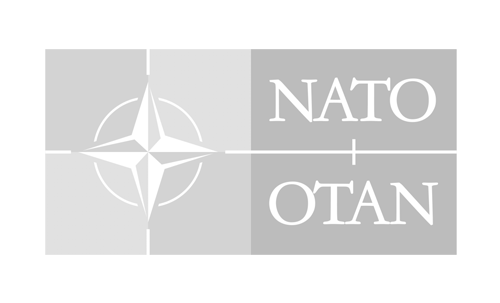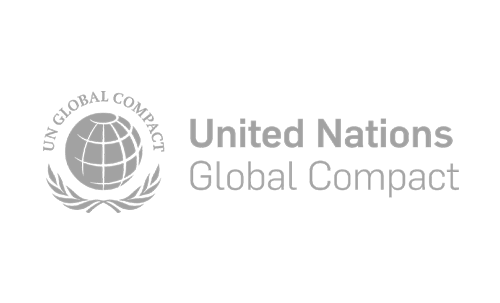APPS
APPS


Circle Economy is a global impact organization that is committed to accelerating the transition to a circular economy—an economic system that seeks to minimize waste, reduce material consumption, and regenerate natural systems by ensuring that products, materials, and resources are continually reused, refurbished, and recycled. Founded in 2011 as a cooperative, Circle Economy has since evolved into a dynamic team of over 60 experts who work closely with businesses, governments, cities, and industries to drive sustainable change. With its headquarters in Amsterdam, the organization operates globally, partnering with stakeholders across more than 90 countries, including businesses, cities, and national governments, to implement circular practices that can help combat the climate crisis, reduce waste, and promote social equity.
The core mission of Circle Economy is to create a world where the planet and all people can thrive. The organization works under the belief that the current linear economy, characterized by the “take-make-dispose” model, is unsustainable and has reached its limits. The extensive use of virgin resources and the continuous consumption of raw materials contribute to environmental degradation, biodiversity loss, material scarcity, and global warming. Circle Economy aims to address these challenges by promoting a transition to circular practices that not only reduce environmental impact but also offer economic and social benefits.
At its heart, Circle Economy strives to make circularity mainstream by providing practical and scalable solutions for businesses and governments. They develop and share tools, frameworks, research, and strategies that help organizations adopt circular models that improve resource efficiency, reduce waste, and enhance overall sustainability. Through its services, Circle Economy analyzes current systems and structures, identifies opportunities for circular innovation, and provides actionable insights that stakeholders can implement to achieve long-term impact.
Circle Economy’s commitment to scaling circularity globally is further supported by their goal to double the number of cycled materials entering the global economy by 2032. Their strategy involves building long-term relationships with stakeholders and creating platforms that allow businesses, governments, and cities to learn from each other and share best practices. These efforts aim to ensure that circular economy principles are not only implemented in isolated sectors but are integrated into the broader economic system, creating a more sustainable, inclusive, and resilient global economy.
Through partnerships with organizations like the Ellen MacArthur Foundation, the Global Alliance for the Circular Economy, and the Dutch Government, Circle Economy has positioned itself as a thought leader and active player in the circular economy movement. The organization’s work is recognized internationally for its contributions to advancing sustainable development goals (SDGs), particularly in relation to responsible consumption and production (SDG 12), climate action (SDG 13), and affordable and clean energy (SDG 7).
Circle Economy’s mission is clear: by promoting circularity, they aim to foster an economic system that ensures long-term planetary health, economic vitality, and social equity for all. By helping businesses, governments, and individuals reimagine their relationship with materials and resources, Circle Economy is creating a path toward a regenerative and restorative economy that can thrive within the Earth's ecological limits.
Visit the website https://www.circle-economy.com/



























